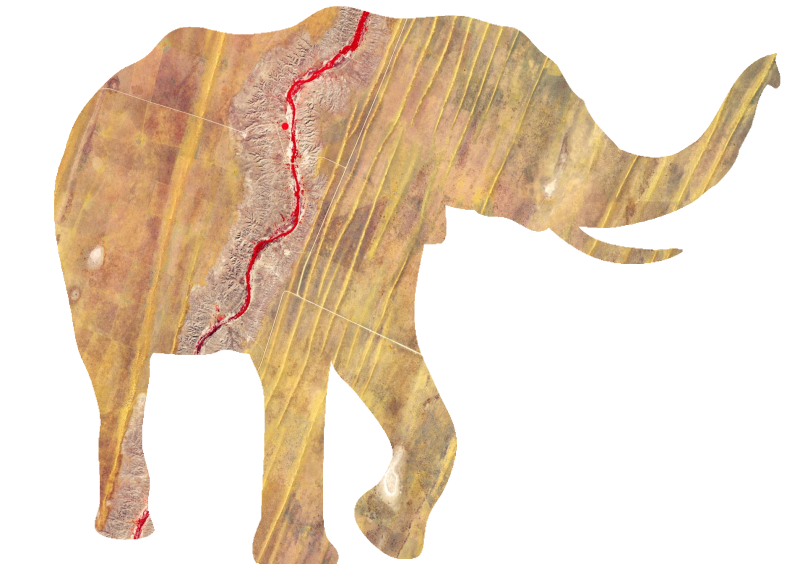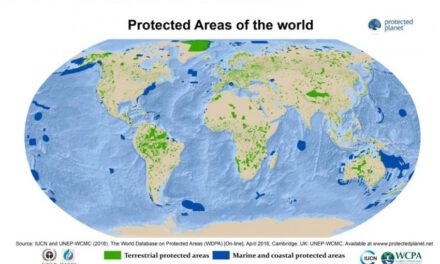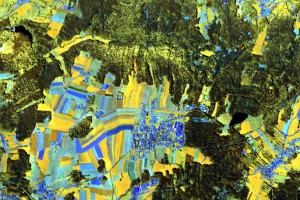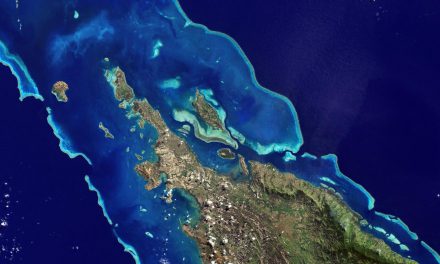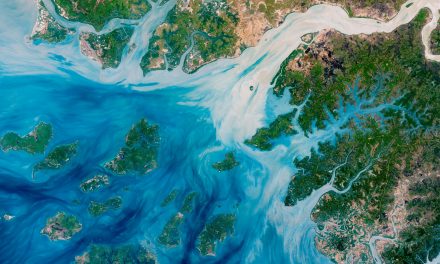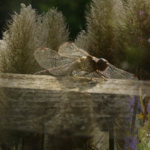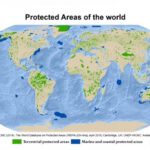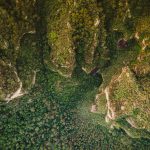The Natural Resources department (NRS) of ITC works in the domains of Agriculture and Environment with a focus on food security, biodiversity and ecosystems (forests, wetlands, drylands). The department uses earth observation data and spatial information in combination with systems modelling, geographical information systems (GIS) and remote sensing for the assessment, monitoring, planning and management of natural resources, for their sustainable use, development and restoration under global change.
Job description
The aim of this PhD project is to generate globally applicable biodiversity variables for monitoring Ecosystem Structure and Function (as defined by Pereira et al. (2013) and Skidmore et al. (2015)) from satellite and airborne remotely sensed data sets. In combination with the supervisor, you will develop innovative image processing techniques for estimating ecosystem structural and functional biodiversity variables with an emphasis on monitoring old growth forests, using airborne and satellite remotely sensed, as well as in situ and ancillary data. Next generation satellite remote sensing imagery (hyperspectral and LiDAR) will be the focus of the research, coupled with high resolution archived time series optical imagery. The biodiversity variables will be tested for their relevance for monitoring species presence and abundance. The research will result in a PhD thesis.
For more info:
Skidmore, A.K. Pettorelli, N., et al., 2015. Agree on biodiversity metrics to track from space. Nature 523 (2015)7561 pp. 403-405.
Pereira, H.M., Ferrier, S., et al., 2013. Essential biodiversity variables. Science 339:277-278
Your profile
- You are a MSc-level graduate in geo-information science, remote sensing or computer science with a background and knowledge of natural resources (biology, forestry, environment, geography, agriculture, soil science, water resources, etc.)
- You have an excellent command of English (above IELTS 7.5 or equivalent).
- You have experience in time series optical, hyperspectral and LiDAR imagery
- Programming skills (preferably Python, IDL/ENVI, MATLAB and/or R) are highly desirable.
INFORMATION AND APPLICATION
Additional information about this position can be obtained from prof. dr. Andrew Skidmore (e-mail: a.k.skidmore@utwente.nl) You are also invited to visit our homepage.
Please submit your application before 15 March 2019 (choose “apply now” below). Your application must include:
- A cover letter (maximum 1 page A4), emphasizing your specific interest, qualifications and motivations to apply for this position;
- a full Curriculum Vitae, including a list of all courses attended and grades obtained;
- a short description (maximum 1 page A4) of your MSc research.
Our offer
We offer you an inspiring multidisciplinary and challenging international and academic environment. The university offers a dynamic ecosystem with enthusiastic colleagues in which internationalization is an important part of the strategic agenda.
You will be fulltime employed for a period of 4 years. Salary and conditions will be in accordance with the Collective Labour Agreement (CAO-NU) of the Dutch Universities.
- A starting salary of € 2.325 in the first year and a salary of € 2.972 in the fourth year gross per month;
- A holiday allowance of 8% of the gross annual salary and a year-end bonus of 8.3%;
- A solid pension scheme;
- 41 holiday days in case of full-time employment;
- Professional and personal development programs;
- Cost for moving to Enschede may be reimbursed.
The organization
The University of Twente. We stand for life sciences and technology. High tech and human touch. Education and research that matter. New technology which leads change, innovation and progress in society. The University of Twente is the only campus university of the Netherlands; divided over five faculties we provide more than fifty educational programmes. We have a strong focus on personal development and talented researchers are given scope for carrying out groundbreaking research.
We are an equal opportunity employer and value diversity at our company. We do not discriminate on the basis of race, religion, color, national origin, gender, sexual orientation, age, marital status or disability status. Because of our diversity values we do particularly support women to apply.
The Faculty of Geo-Information Science and Earth Observation (ITC) of the University of Twente provides international postgraduate education, research and project services in the field of geo-information science and earth observation using remote sensing and GIS. The aim of ITC’s activities is the international exchange of knowledge, focusing on capacity building and institutional development in developing countries and emerging economies.
more:
